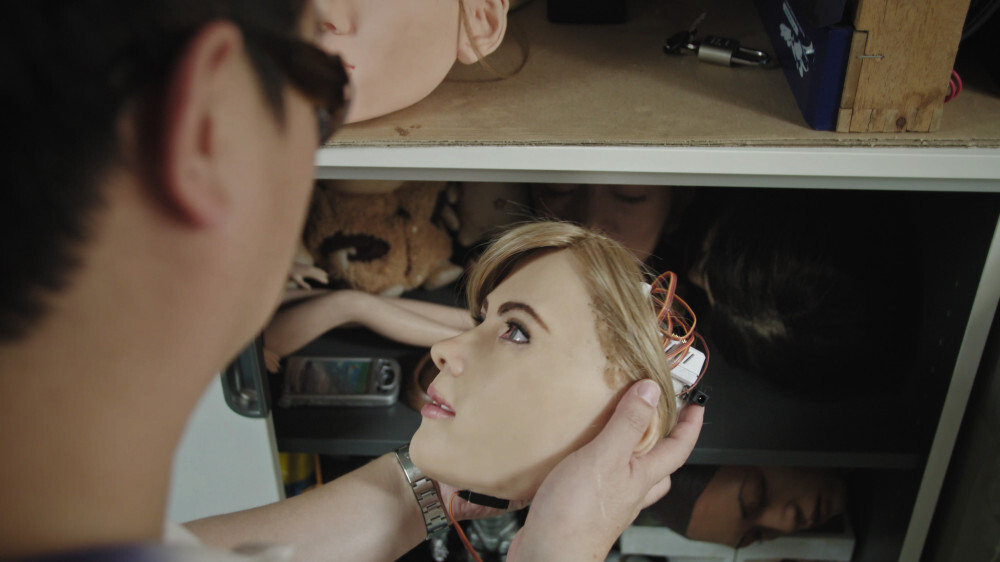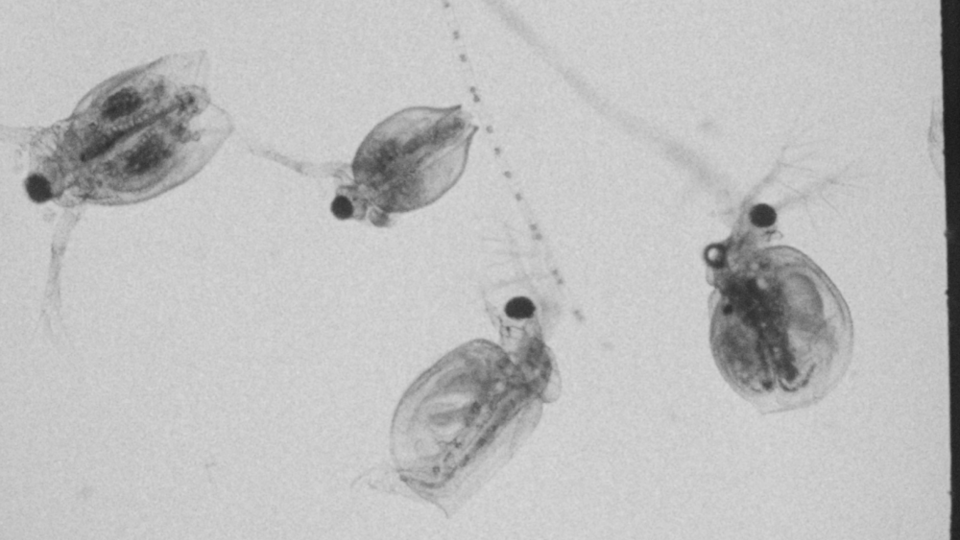The Truth About Passangers and Badiou
A TESTIMONY ON KNOWLEDGE
The Truth About Killer Robots
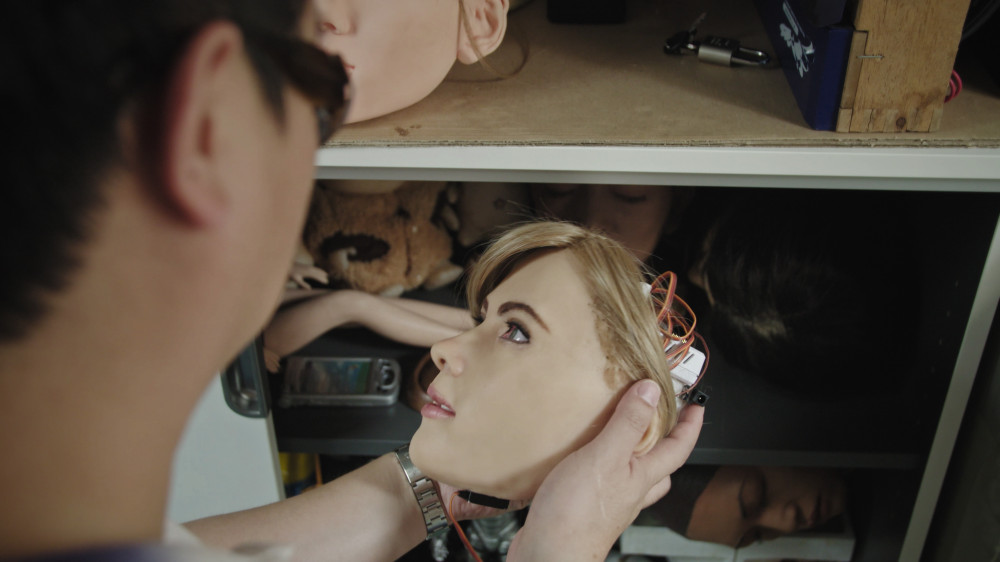
The Truth About Killer Robots is an unsettling dive into robotic advancement and the global future of artificial intelligence. An ambitious montage of interviews and footage of robots at work, the film covers many different stories and perspectives relating to the topic.
The already troubling subject matter of the film is intensified by smart cinematography choices. Throughout the film, the camera movement is robotic in nature. It moves with a calculated grace similar to that of the robots in the film, never switching to handheld. At times, the point of view even switches to the robot as it does its work. Use of drone footage in highly populated urban areas works to equate the buildings, cars, and people to small parts of a larger working whole—a machine.
The wide array of interviewees are successfully identified and kept in order through the use of graphics mimicking facial recognition technology. Upon the introduction of someone new, graphics lock onto their face, readjust, and generate a name and title for the person. This compliments the robotic camera movements, intensifying the overall effect of the film. At one point in the film, facial recognition technology is actually proposed to be used to take out known terrorists, confirming the relevance of this choice in graphics.
Perhaps similar to how humans are being replaced by machines, the cinematography style in The Truth About Killer Robots replaces the human perspective that is prevalent in many other documentaries. Paired with the robot narration, it makes the daunting suggestion that we ourselves are robots looking at the world of humans that are not so different from us. In an interview in the film with a young man from China, he says, “I feel like I’m turning into a robot.” By the end of the film, the audience shares this same feeling.
CZECH JOY
Passengers
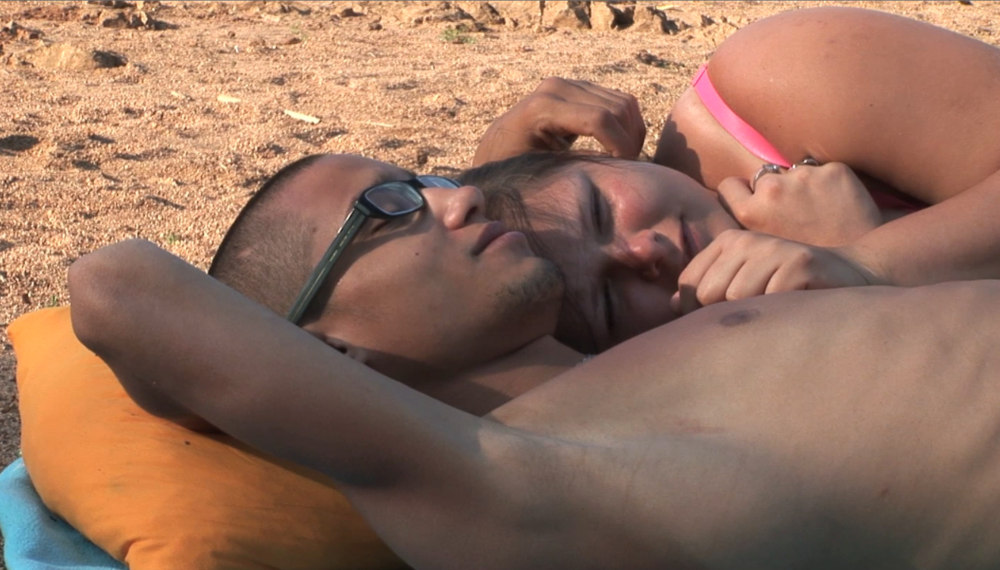
Joining into the carefree merriment of an improvisation theater group, Passengers opens by introducing four young men staying at a children’s home. Following them for six years, director Jana Boršková documents their struggle to transition into adulthood and back into their families after leaving the children’s home. She reveals their most intimate struggles and experiences in life, indirectly commenting on the failure of the children’s home to prepare them for what comes next.
The most extraordinary feature of Passengers is the raw intimacy of the film. It is as if the camera is a close friend of each protagonist, sitting with them during everyday conversations and arguments, and seeing them through their darkest times. Documenting the most private parts of life without inadvertently making the audience feel uncomfortable or distant is not an easy feat, and Boršková is able to achieve this through it all. From childbirth to mental breakdowns to funerals, she maintains the emotional relationship between camera, protagonists, and audience. We laugh with the protagonists as they goof around with their significant others and feel sad with them as they bury their loved ones. By the end of the film, we feel as if we know each and every one of these men on a personal level.
It is impossible to determine any one meaning or purpose of this film. Boršková does not lead us towards any opinion or judgement of the protagonists, but simply invites us to be a part of their lives. In doing so, she provides us with a genuine and unapologetic look into the lives of four people we might otherwise never encounter. Perhaps the goal of this film is to urge us to take a closer look at those around us, with open minds and hearts.
A TESTIMONY ON KNOWLEDGE
Badiou
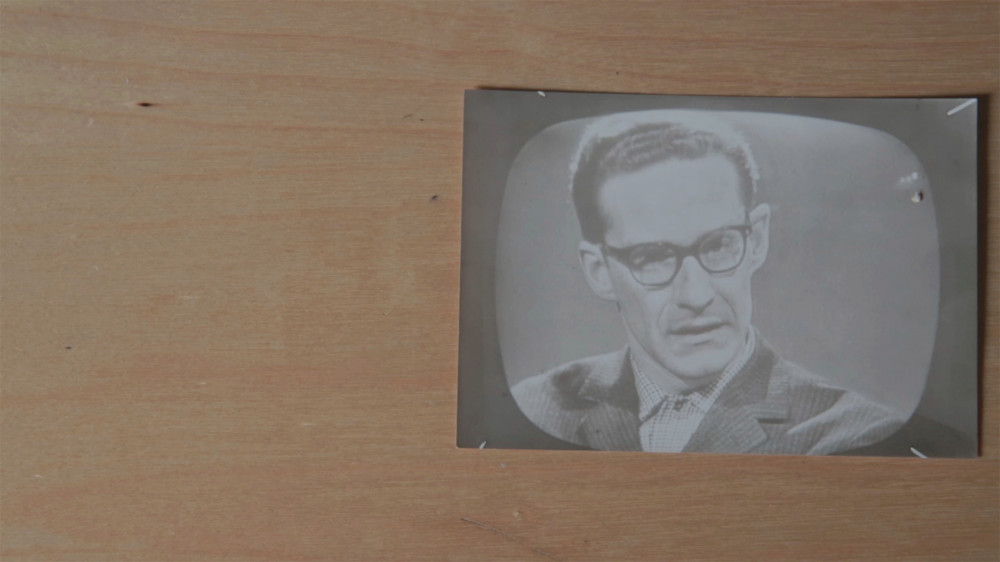
In many cases, philosophy can be obscure and exclusive. However, filmmakers Gorav and Rohan Kalyan take us on a pleasant journey through the mind of philosopher Alain Badiou in their debut feature documentary, Badiou.
Perhaps the most effective part of this film is the simplicity of it. Through a series of interviews and lectures, Badiou explains his history and delves into his philosophical beliefs and how they relate to the world around him. We are shown pictures of himself and his family, archival footage of events related to what he is discussing, and bits and pieces of the nature and human activity in the places where he travels. Through clear editing and careful pacing, we are able to contemplate what Badiou is saying without the distraction of too much information. We are given just the right amount of time and space to make sense of his ideas.
Badiou is a documentary which simply tells the story of one man. It is nothing flashy, shocking, or imperatively timely. However, within this one man’s story is the story of all people in the form of his philosophical ideas. Badiou’s charming demeanor and clear lecture style divert from the typical seriousness that is attributed to philosophers, and the occasional contagious chuckle from him as he recalls his life welcomes us to not take anything too seriously. It is no surprise why the Kalyan brothers wanted to share his story. One story can change the world, after all.

